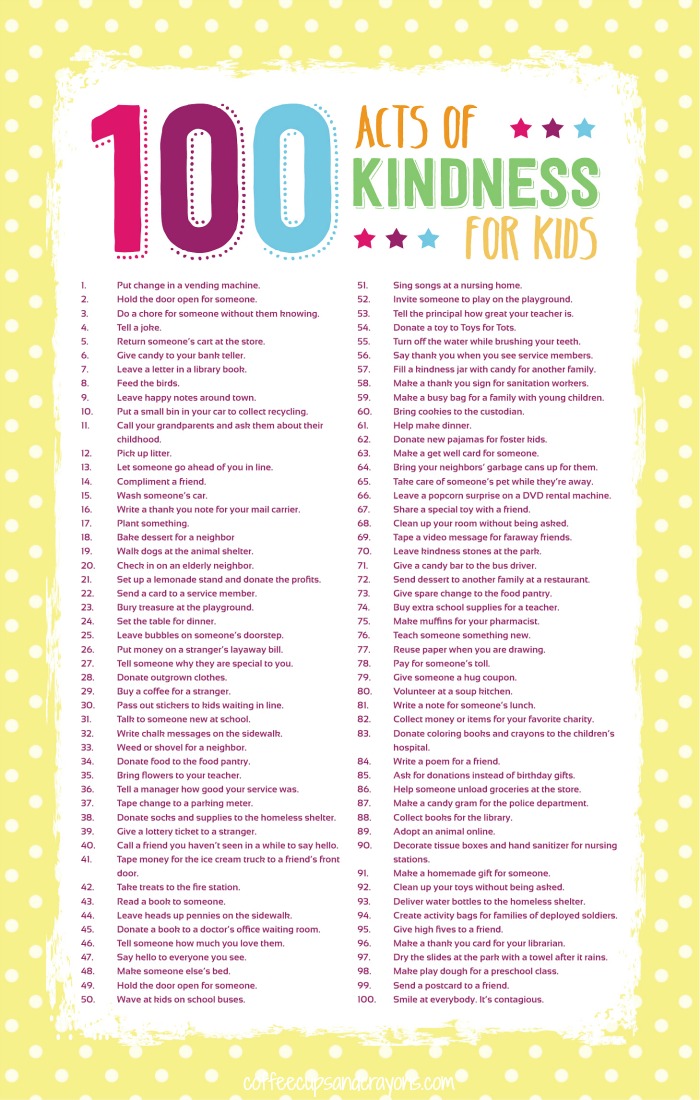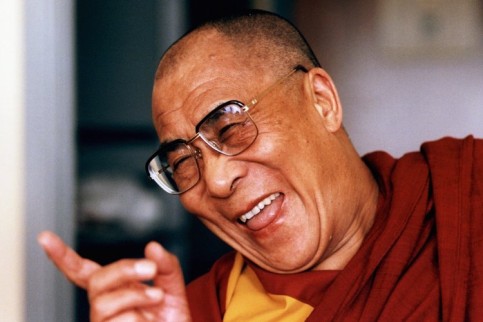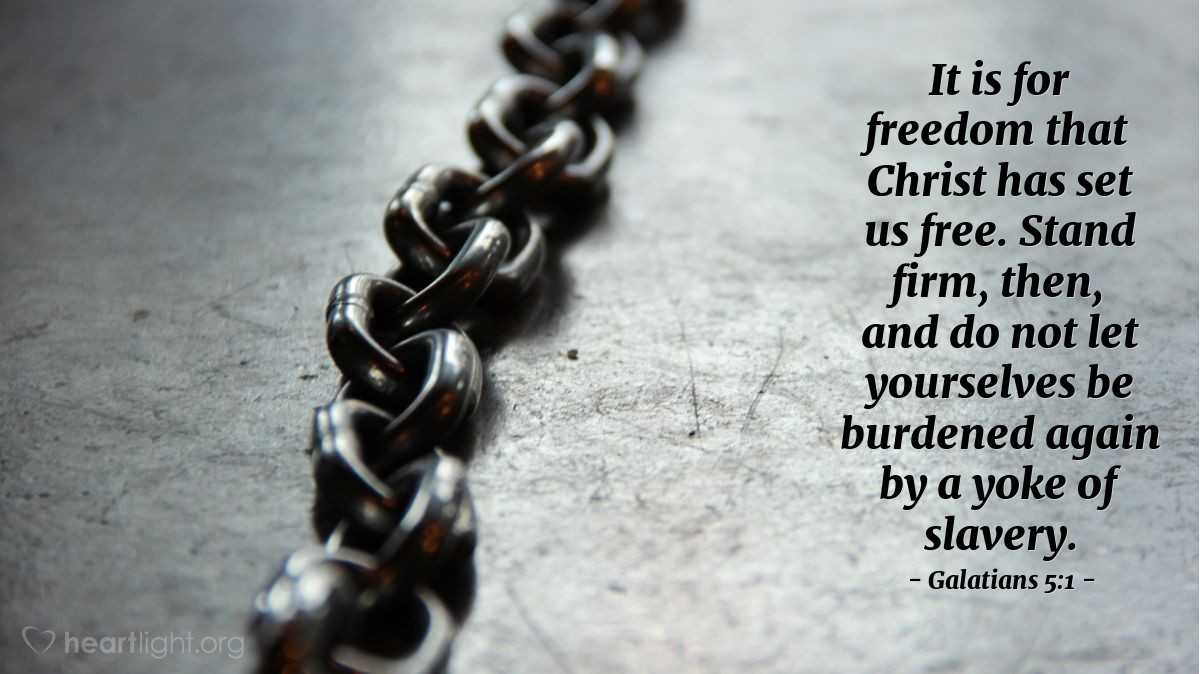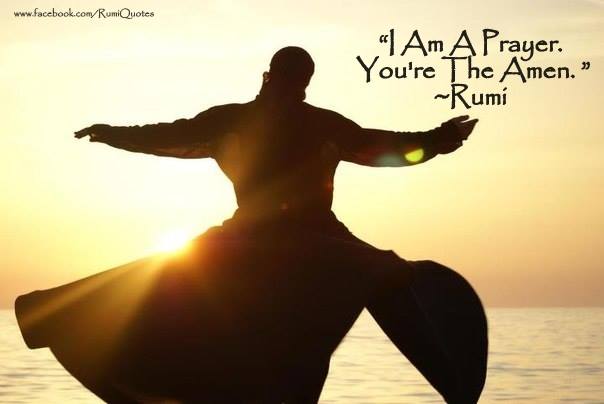Daily Advent Devotional: Day 18 – Wed, Dec 16
Joy may also come from practicing kindness and/or serving others. This approach to life feeds a sense of purpose and optimism. Kindness can happen in simple, daily interactions: recognize the dignity of another person and choose compassion and courtesy in your exchanges. Likewise, you can serve others informally by being a good neighbor and caring […]




